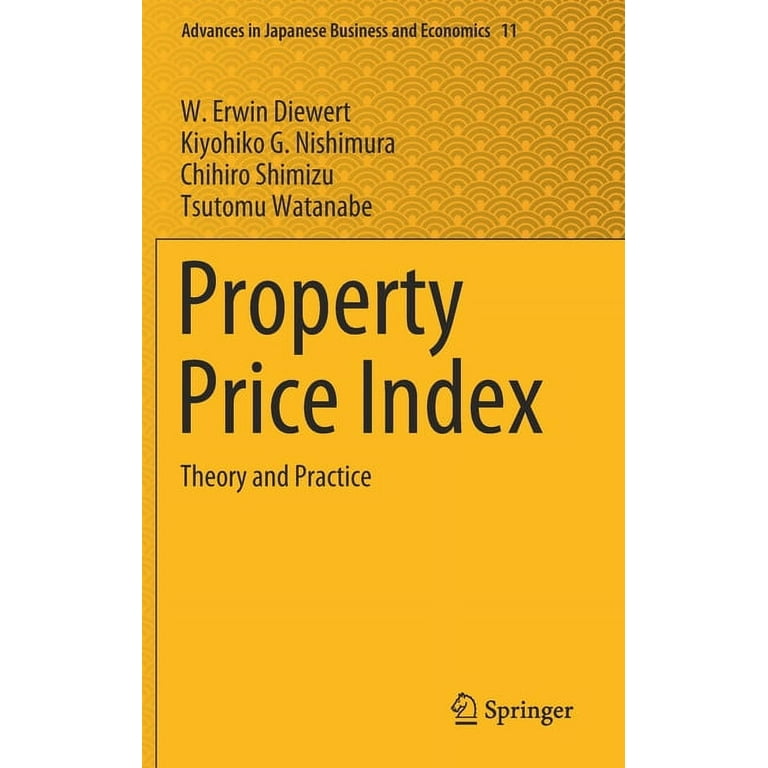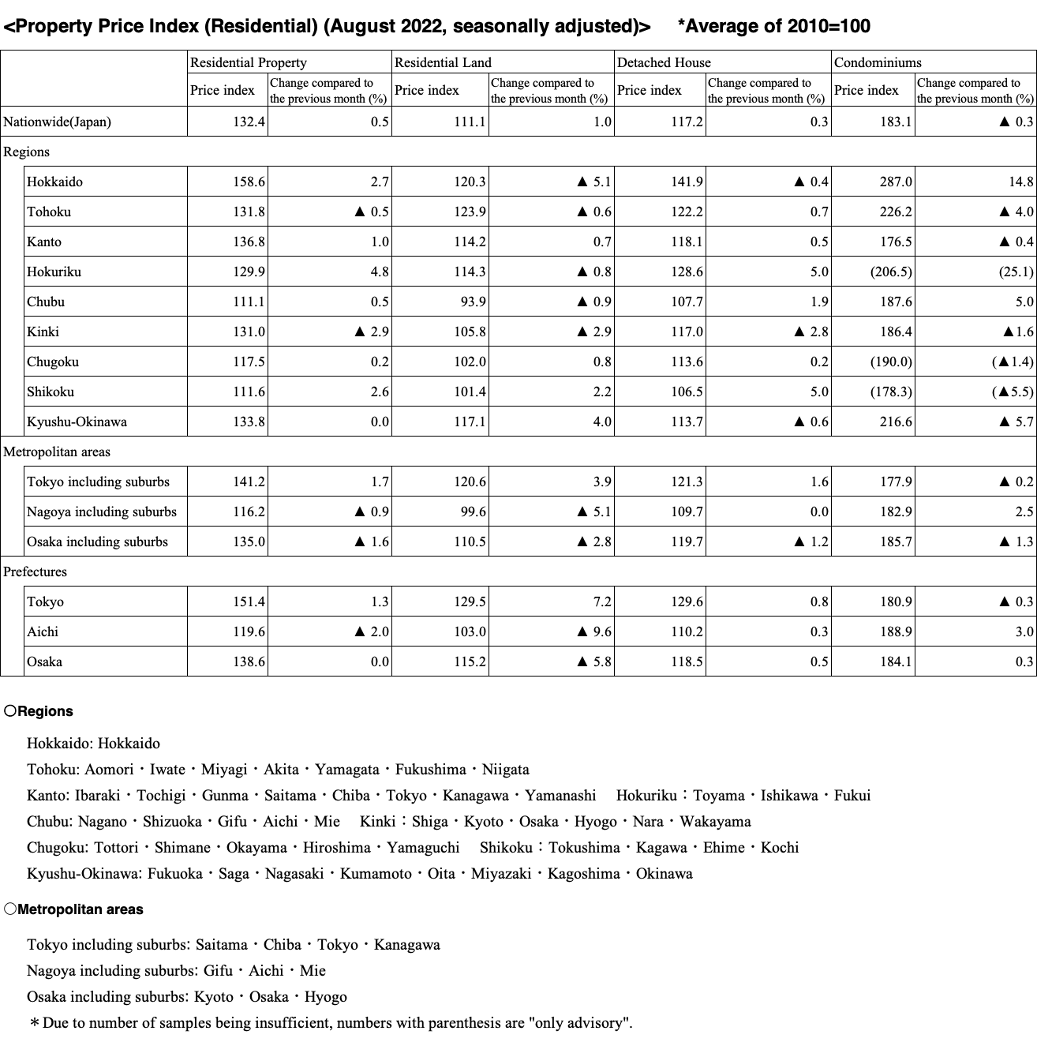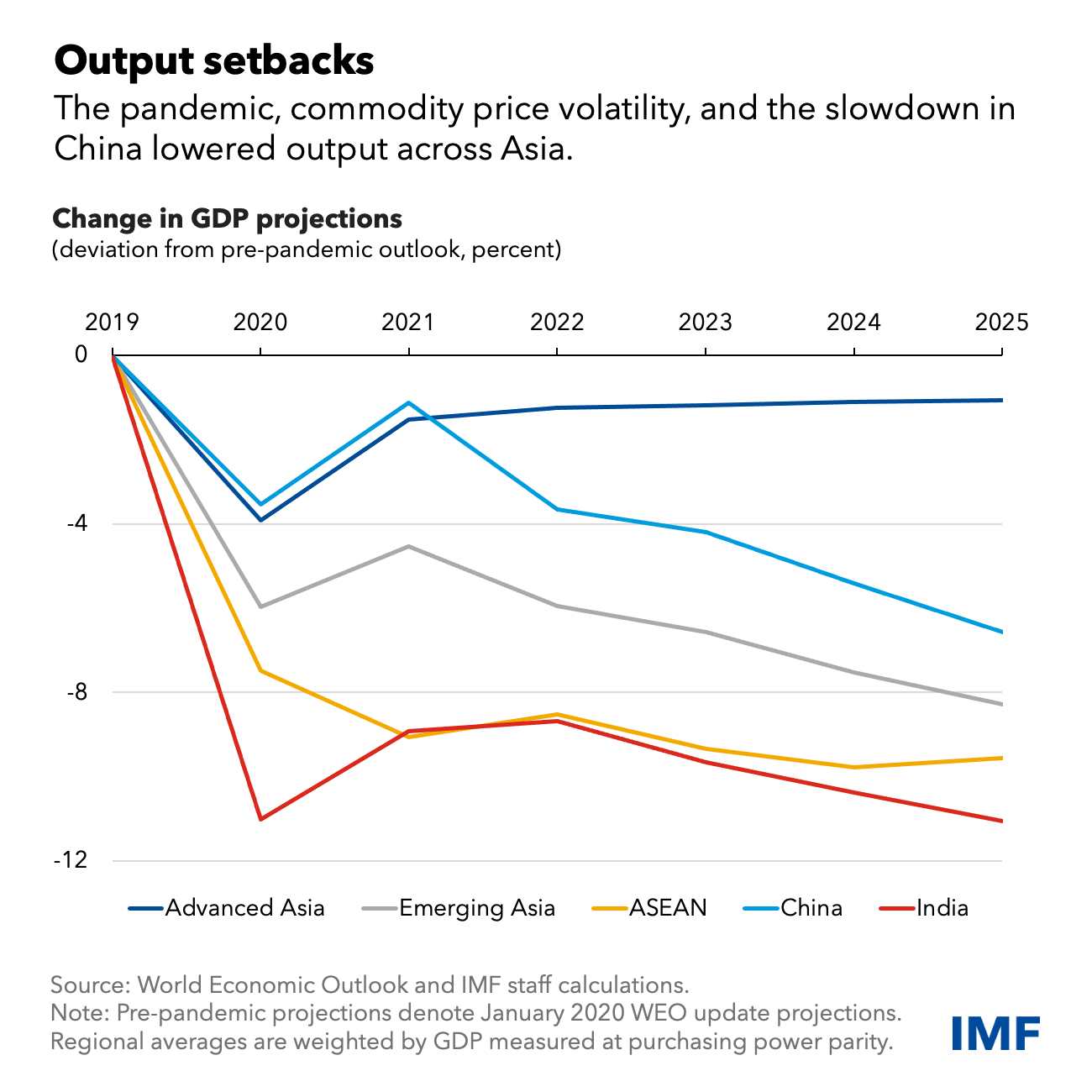Advances in Japanese Business and Economics: Property Price Index
$ 69.50 · 4.6 (171) · In stock

Arrives by Mon, Apr 8 Buy Advances in Japanese Business and Economics: Property Price Index: Theory and Practice (Hardcover) at
This book answers the question of how exactly property price indexes should be constructed.
The formation and collapse of property bubbles has had a profound impact on the economic administration of many nations. The property price bubble that began around the mid-1980s in Japan has been called the 20th century's biggest bubble. In its aftermath, the country faced a period of long-term economic stagnation dubbed the lost decade. Sweden and the United States have also faced collapses of property bubbles in the 20th and early 21st centuries, respectively.
This book provides practical examples of how the theory of property price indexes can be applied to the issues of property as a non-homogenous good and a technological and environmental change.

Economic & Market Update J.P. Morgan Asset Management
Asia Continues to Fuel Global Growth, but Economic Momentum is Slowing

Economic history of Japan - Wikipedia

China's economy is looking at a new wave of Japanification

Japan's Economic Revival and the Road Ahead
How Japan got its swagger back

Residential Property Prices for Japan (QJPN628BIS), FRED
![]()
Policies & action Climate Action Tracker

Economic inequality - Wikipedia

Demographics and the Housing Market: Japan's Disappearing

Japan's Real Estate Market Trends in 2022 - PLAZA HOMES

